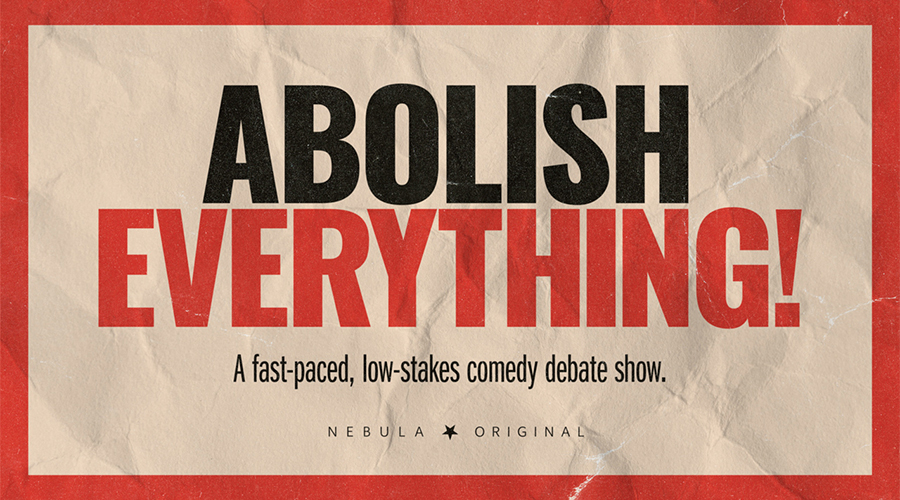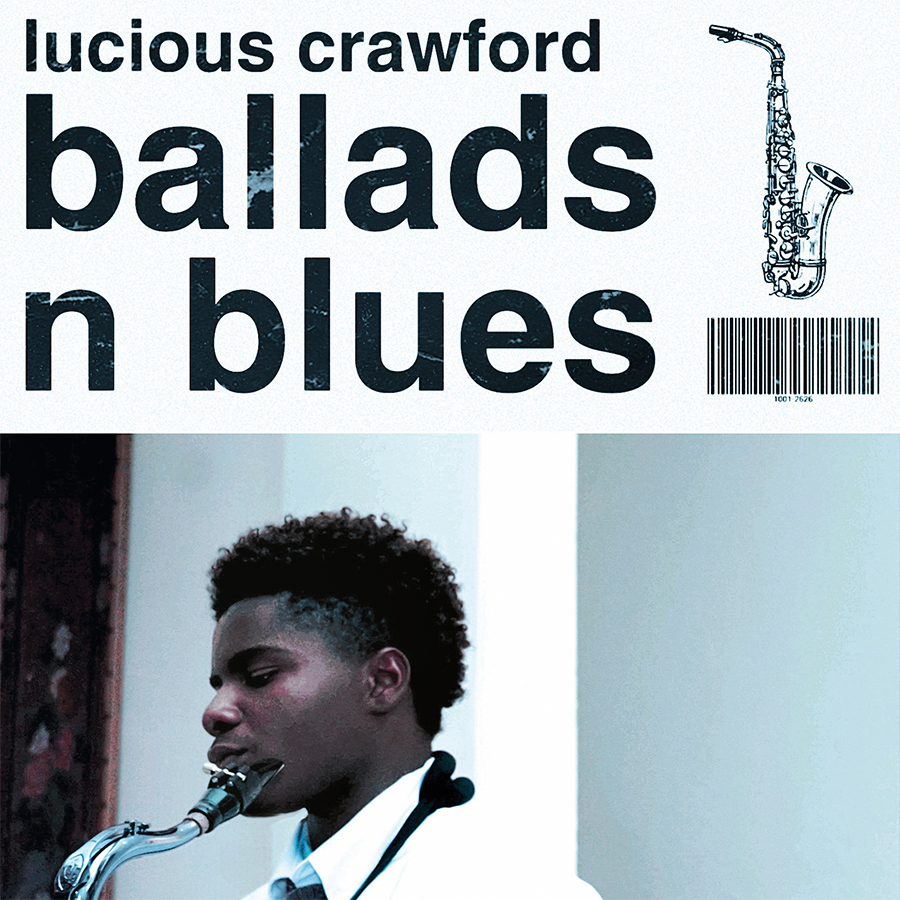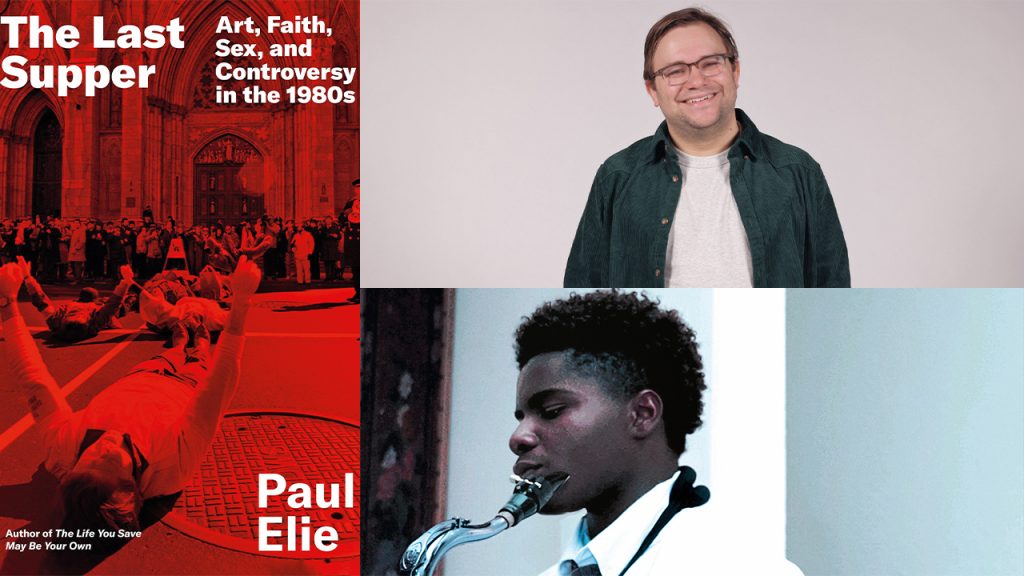Abolish Everything!
Created and hosted by Chandler Dean, FCLC ’18

When Chandler Dean started the comedy show Abolish Everything! in 2022, he says the overarching goal was the same as his other projects: create a show he would want to be booked on. Since then, it has gone from an in-person-only event at the now-defunct Squirrel Comedy Theater to a recorded show that streams on the creator-owned Nebula platform.
Each episode of the show, filmed in front of an audience at Caveat on the Lower East Side of Manhattan, features four comedians who make arguments to abolish specific things—from “slow walkers” to “mascots that are people”—and a panel of four members of the “Political Establishment” (always including comedian Andy Vega, FCLC ’20) who make counter-arguments for protecting the status quo. The audience then gets to vote on which abolitionist made the strongest—and funniest—argument.
Dean, who grew up in Houston and earned a degree in political science and film and television from Fordham in 2018, brings to the show some of the rhetorical sensibility he has cultivated in his day job as a senior director at West Wing Writers, where he provides humor speechwriting services to clients that include executives, entertainers, and political figures.
—Adam Kaufman
Ballads N’ Blues
By Lucious Crawford

Lucious Crawford’s musical roots go way back. Growing up in Washington, D.C., he played violin in the DC Youth Orchestra before taking up the saxophone as his primary instrument. He enrolled at Fordham last year and considered majoring in economics before deciding on music.
On his first full-length album, Ballads N’ Blues, which he recorded and released as a high school senior, he leans into traditional jazz sounds, with influences ranging from John Coltrane to Hank Mobley. On multiple singles and EPs released since, he has expanded into explorations of cosmic jazz, Latin jazz, soul, and beyond, adding keyboard to his personal repertoire (he says he’s also learning to play the flute).
Looking ahead to his sophomore year, Crawford plans to continue playing at jazz jams around the city, diving into coursework (a favorite non-music class from his first year was Foundations of Computer Science), and recording and releasing his next album.
“It’s been great to be a part of this group of people that’s so tight-knit and that really care about each other and really love music,” he says about Fordham. “There’s a mixture of community and sense of place I feel here that I don’t think I would feel anywhere else.”
—Adam Kaufman
The Last Supper: Art, Faith, Sex, and Controversy in the 1980s
By Paul Elie, FCRH ’87

In The Last Supper, Paul Elie offers up a rich feast of 1980s art and culture through a Catholic lens—especially in New York City, where sacred and secular often collide in controversial fashion. The guests he calls to the table are some of the decade’s most popular and influential artists: Andy Warhol, Martin Scorsese, Toni Morrison, Leonard Cohen, Madonna, Prince, Sinéad O’Connor, U2, and many more.
All these artists “engaged in questions of faith and art … with an intensity rarely seen before or since,” Elie writes. He calls them “crypto-religious.” In paintings, novels, films, and music, they created art that “incorporates religious words and images and motifs but expresses something other than conventional belief.” Think Madonna’s “Like a Prayer” video, Scorsese’s Last Temptation of Christ, or Cohen’s “Hallelujah,” for example.
The HIV/AIDS crisis and the “still-hidden crisis of clerical sexual abuse” are two undercurrents in the book, and more than a few of the works Elie highlights infuriated religious and political conservatives. In writing about them, he zeroes in on “early skirmishes in the culture wars.” Like the art he highlights, Elie ultimately encourages readers to reflect on their own beliefs. “In an explicit age, rich in how-to-do-that and why-this-matters,” crypto-religious artists put “stress on the cracks and breaks in created things,” he writes, “so that we can see ourselves in the light that gets in.”
—Ryan Stellabotte

